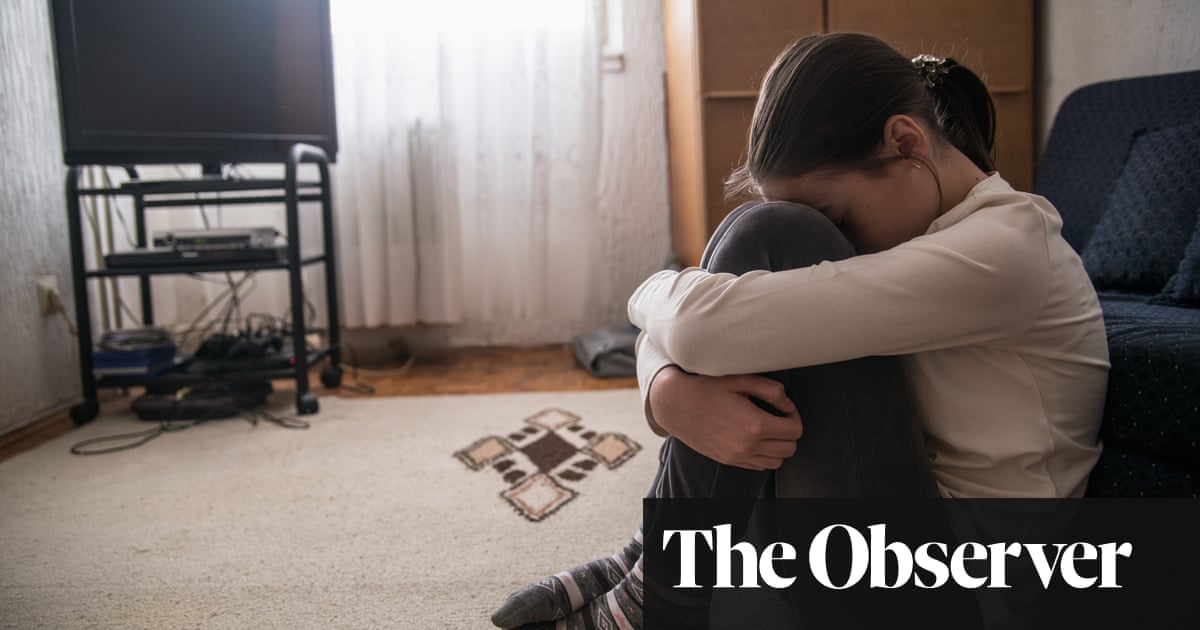
Thérèse Coffey is considering handing hundreds of millions of pounds to care homes to help free up hospital beds as part of her emergency plan to tackle the growing crisis in the NHS.
The new health secretary is examining proposals to pay care homes in England to look after patients who are medically fit to leave hospital but cannot be discharged because of a lack of social care.
Officials at the Department of Health and Social Care (DHSC) believe the scheme could tackle two major NHS problems at once, by freeing up some of the 13,000 hospital beds currently occupied by “delayed discharge” patients and improving handovers by ambulance crews to A&E staff.
If approved, the plan would become a key element of the strategy that ministers are expected to set out next week to address the multiple problems affecting the NHS, including long delays for A&E, GP and cancer care and hospital beds. In her inaugural speech as prime minister outside 10 Downing Street on Tuesday, Liz Truss identified the NHS as one of her “three early priorities”.
“I will make sure that people can get doctors’ appointments and the NHS services they need. We will put our health service on a firm footing,” Truss pledged, though she gave no details.
However, whether the scheme becomes a reality depends on the Treasury agreeing to cover the costs, which DHSC sources put at “several hundred million pounds”. Neither the DHSC nor NHS England have enough money in reserve to do so, it is understood.
It would in effect see the government starting to once again pay for the NHS to operate a “discharge to assess” scheme, funding for which was ended in March despite NHS organisations warning that it would make it harder for hospitals to free up beds. The DHSC began examining the pros and cons involved in reviving that initiative under Coffey’s predecessor, Steve Barclay.
Coffey and NHS leaders are keen to do everything they can to reduce the pressure on the NHS, especially acute hospitals, before what they fear could be a winter in which the service falls over.
She is also studying plans for the NHS 111 telephone advice service to increase the proportion of patients with minor ailments it refers to a pharmacist, to reduce the strain on GP surgeries. NHS England would foot the estimated £100m bill for that initiative, which would see an expansion of the community pharmacy consultation service set up in 2019.
Coffey, who Truss has also made deputy prime minister, is expected to set out plans to stop senior doctors being hit with huge pension tax bills, which have prompted some doctors to reduce their working hours or retire early. Truss has pledged to solve the problem so that doctors can work longer hours to help tackle the 6.7 million-strong NHS care backlog.
“NHS leaders were disappointed when the previous discharge to assess funding ended, despite their pleas,” said Rory Deighton, the acute lead at the NHS Confederation. “During the first wave of coronavirus it freed up 30,000 hospital beds, led to a 28% drop in patients staying in hospital for more than three weeks, freed up more than 6,000 staff, and led to £451m of efficiency savings.”
If the approach was revived then funding would have to be long-term rather than a one-off, he said, “in order to help the NHS run smoothly and allow patients to recover in the most suitable places for them”.












